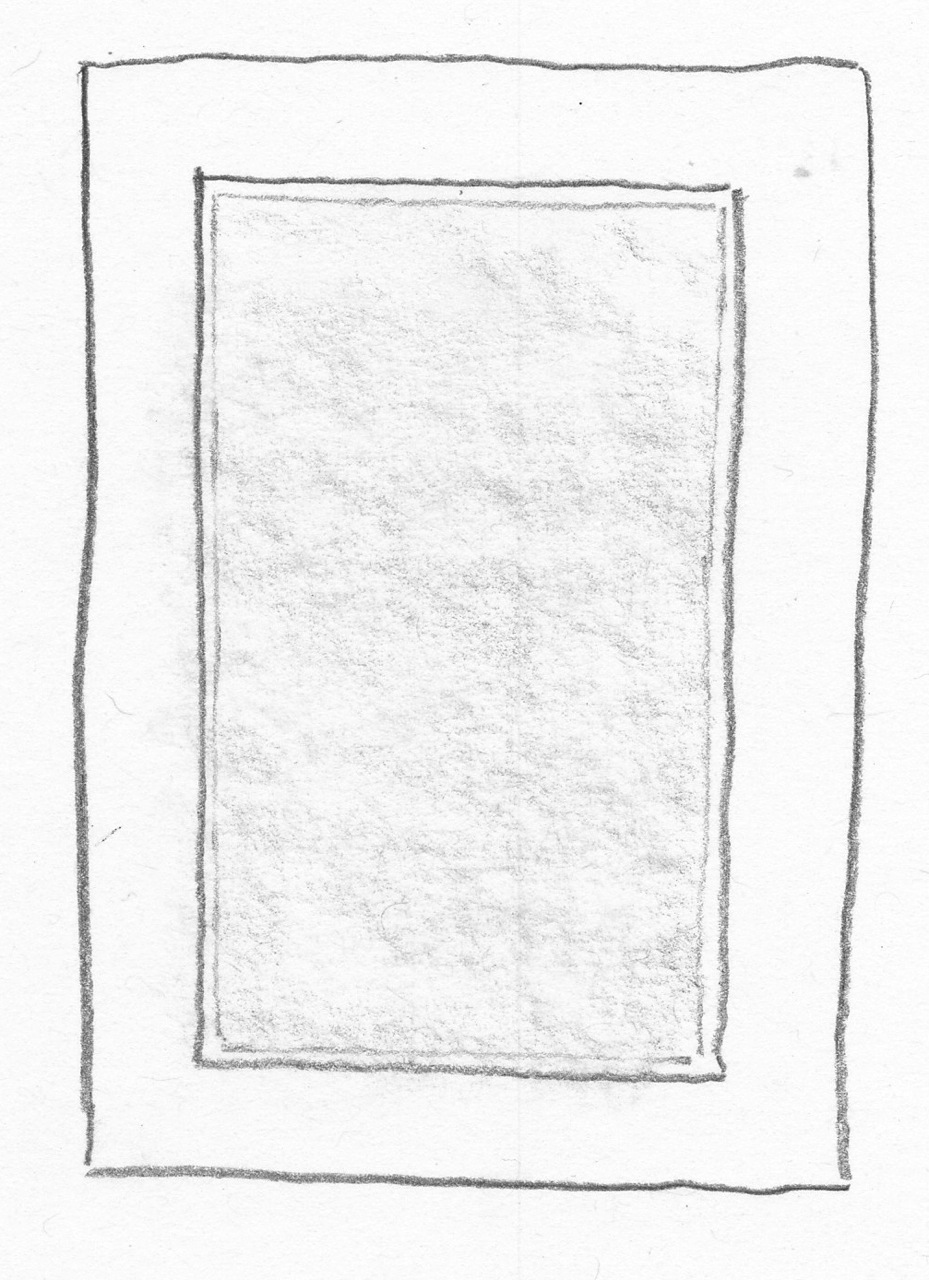 What’s happening here is that I’m dredging back a whopping eighteen years into the recesses of my collection, to a performance given on October 23, 1995. This was my twenty-fourth birthday, and the occasion of my first year Masters recital. 1995 was, as I’ve said elsewhere, the first year the VCA Masters was running and the recital demands were considerable.
What’s happening here is that I’m dredging back a whopping eighteen years into the recesses of my collection, to a performance given on October 23, 1995. This was my twenty-fourth birthday, and the occasion of my first year Masters recital. 1995 was, as I’ve said elsewhere, the first year the VCA Masters was running and the recital demands were considerable.
The second half of my concert was solo performance, and the first (after the solo introduction, Swift and James’s standard tune ‘Can’t we be friends’) was a big piece for trio entitled Spinning towards daylight. This piece had but a single performance, and this was it. I can’t even remember how any of it goes. I don’t know where the score is, either. And it doesn’t matter. I think there were some metrical modulations along the way and I worked hard on making them tick but that’s the extent of my recollection. I honestly don’t care to find out any more than that.
The front cover of the program bore the following poem:
Music: breathing of statues. Perhaps:
silence of paintings. You language where all language
ends. You time
standing vertically on the motion of mortal hearts.
Feelings for whom? O you the transformation
of feelings into what?–: into audible landscape.
You stranger: music. You heart-space
grown out of us. The deepest space in us,
which, rising above us, forces its way out,–
holy departure:
when the innermost point in us stands
outside, as the most practiced distance, as the other
side of the air:
pure,
boundless,
no longer habitable.
Rainer Maria Rilke, An die Musik
The program for the second half went like this:
Improvisation I
Ears for civil engines
Improvisation II
No obligation quote
Improvisation III
Golden earrings (Young, Livingstone, Evans)
‘Ears’ and ‘Obligation’ are original tunes, recorded by Browne – Haywood – Stevens, but see, there was a time when I did play standards; BHS usually opened with one on our Monday night gigs at Bennetts. (BHS performed Spinning towards daylight in this recital, too.) An original recital book-ended by standards. They were days.
Here‘s the second of the improvisations. I was pleased with it. It differed from the first, and seemed to have some kind of form. During second year, I transcribed it, and presented a paper on it. I’m not going to reprint the paper here because to be perfectly honest I can’t bear the thought of reading it again. But if you want to see the chart I made, it is below. There are no dynamics or anything like that; only a bare minimum of performance directions betrays either that I privilege the notes above all else or, perhaps, that I treasure a freedom of interpretation and the possibility of variation. *coughs*
I bring it up now because of the church thing I’m going in for at present. Although it’s not church music, I think you can hear the traces in there. The drift towards tonal centres, often plagally (if that’s a word), certain melodic gestures (for example the rising figure beginning at 1:57) and certainly the final move to resolution at 5:22. I don’t think I thought about this at the time, in fact I’m certain I didn’t.
But the thing about it all is that I’m realising some things I’ve wilfully ignored as I went along. I think, fool that I am, I was always more interested in following up stuff I felt I didn’t know or understand, and the corollary of this was a tendency to dispose of the stuff I thought I had in the bag. And I couldn’t just dispose of stuff, I had to persuade myself that it was actually crap, even when it wasn’t. Now it’s one thing to think one’s own prior work is less than one’s current, and to want to see some juvenilia suppressed. But it’s unreasonable to imagine that just because one feels oneself to have outgrown something of someone else’s that that thing is actually no good.
Recently I’ve been listening again (after decades, literally) to Ralph Vaughan Williams’s Te Deum. It’s an astonishing piece of music. It knows exactly what it’s doing and it does it so damn’ well. Now I heard this a great deal when I was young; it was perhaps over-familiar from a vast number of runs on the tape player in the family car. So when I hear it now it’s shockingly close although it’s so long since I heard it. And the appeal is not purely sentimental; I think there’s a difference between just that and registering a connection that lies very deeply but that has been obscured or disregarded.
And there I was banging on about all that who you are crap and be original and do your stuff. There I was.
5/ii/2014